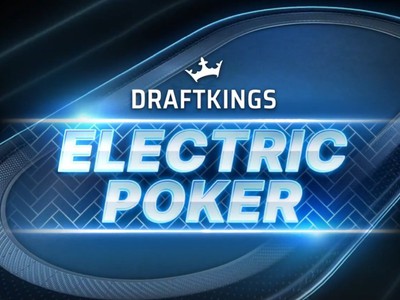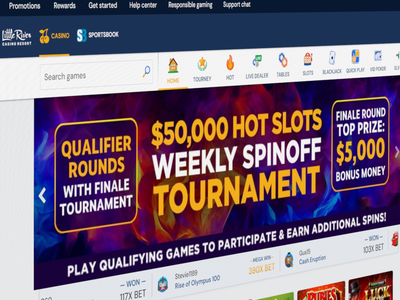Preference will be given first to resident bidders of the state and/or to products raised or manufactured in the state, and then to bidders who have practices that promote clean energy and address climate change.
Vermont has issued a request for proposals (RFP) for mobile sports betting that will issue between two and six licenses using a weighted system based in part on how much a potential operator is willing to pay the state in tax revenue.
But the 125-page RFP, issued earlier this month by the state’s Department of Liquor and Lottery (DLL), shows the regulator will give preference to operators committed to clean energy and “solidarity with the Ukrainian people,” which includes a pledge not to use goods, materials, or products from Russian sources.
“All other considerations being equal, preference will be given first to resident bidders of the state and/or to products raised or manufactured in the state, and then to bidders who have practices that promote clean energy and address climate change,” DLL said in its RFP.
Operators Who Agree to 51% Tax Would Have Edge
Vermont’s new online gambling law calls for the DLL to negotiate revenue-sharing agreements with operators rather than tax them directly. But the law also stipulates that the state’s share to be at least 20%.
The DLL will use a 1,000-point grading system to help determine which operators should receive a license.
Applicants can score up to 800 points under technical criteria. Of the eight components under that section, three — the strength of sports betting hardware and software, the strength of bidder’s sports betting services, and responsible gaming — are each worth up to 140 points.
The remaining 200 points of the 1,000-point grading system are based on revenue criteria, with 100 points based on the bidder’s revenue estimate and another 100 based upon how much the applicant would be willing to share with the state — an operator that agrees to paying a tax rate of 51% or more would get the full 100 points.
A pledge to pay 20% to 30% in taxes would be worth 25 points under the system, while a bid of 31% to 40% would be worth 50 points. Forty-one percent to 50% would draw 75 points.
As part of the application process, operators are also being asked to disclose:
- The number of online brands it plans to launch for sports betting
- A responsible gaming plan, with details over the safeguards it currently deploys
- A list of all jurisdictions where it currently conducts sports betting
- Its plans for customer acquisition, advertising, and affiliate marketing — including details over how it plans to attract players from illegal offshore sites to those regulated by the state
- An estimate for how long it would take to launch operations
- Details over its sports betting integrity monitoring systems
Operators must submit any questions they have about the RFP to the regulator by 4 pm ET on Monday, July 31. Final bids are due at 4 pm ET on August 28.
Successful bidders will be awarded three-year contracts, with an option for up to two one-year renewals. The DLL said the state anticipates any contracts it signs will take effect on January 1, 2024 — that would also likely be the day that mobile sports betting launches in the state.
Timetable for Key Events in RFP for Vermont Sports Betting
| Event | Date |
|---|---|
| RFP issued | July 19 |
| Deadline for operators to submit questions | July 31 |
| Final bids due from operators | August 28 |
| DLL selects between two and six operators | September to December |
| Contracts between DLL and operators begin | January 1, 2024 |









